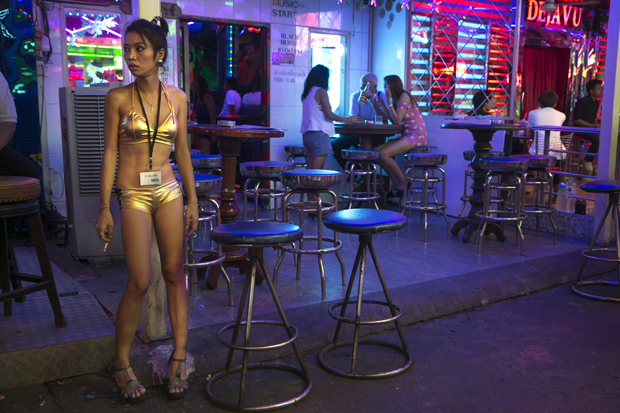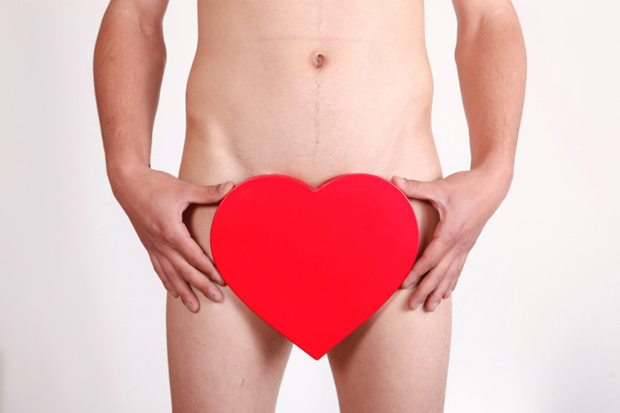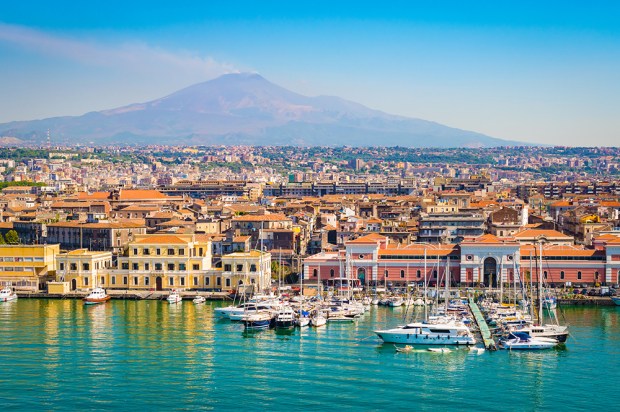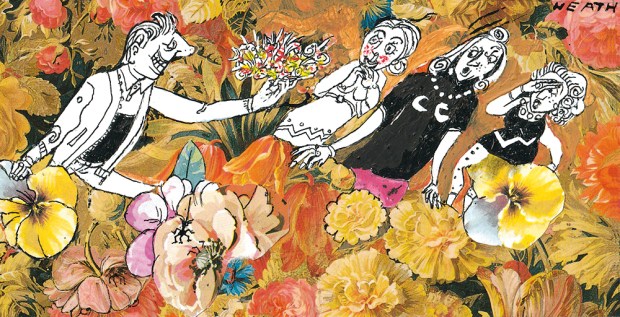Like any sensible, prosperous Englishman in his middle years, I spend every winter in Thailand. Indeed, I’ve been visiting the country for three decades: I can still remember my first hotel in Bangkok, a beautiful teak-stilted villa down a rat-infested alley which had the singular facility of offering heroin on room service.
I went with the intention of staying a week or two. I ended up staying four months: the heroin on room service proved quite distracting. At the end of my stay I got a bill with just three things itemised:
Room, Food, Powder.
Now I’ve returned from maybe my fortieth visit to Thailand (I stopped doing the drugs years ago; I still enjoy the sun). And I’d like to say that this eternally sensuous, supremely beautiful, languidly hospitable country remains unchanged, despite all the troubles and coups, and despite the curfew which has, this week, finally been lifted.
But I can’t. I fear that the latest Siamese coup signals something serious; I fear that this time ‘Teflon Thailand’ (the name is shorthand for the remarkable way its booming economy and amiable society seem impervious to the nation’s political turmoil) might have altered for good. I also wonder if this evolution says something ominous to the rest of the world.
This may appear contradictory. After all, Teflon Thailand does still make sense as a concept. In old Siam, everything changes, yet everything stays the same. When I first went to Bangkok there were no skyscrapers — none. Now the skyline makes Manhattan look unambitious; at night, the soaring towers glitter, irresistibly, under the tropical moon. And yet at the bottom of those skyscrapers you will still find street vendors selling dried squid, fishball soup and succulent yellow crab curries. Just as they have done for decades.
Similarly with the sex industry (which, like it or not, is one of the reasons Bangkok is, by some measures, the most visited city on earth). In the late 1980s, Bangkok’s red light district was centred in Patpong, where you could still find stranded American vets from the Vietnam war downing shots of Jim Beam at the bar and gazing at the ping-pong show with a desolate lust.
These days, the action has switched to Nana Plaza and Soi Cowboy, the neon is dazzling, the price of a beer can make a Londoner blink, and the customers are more likely to be Japanese businessmen or Taiwanese students on the lash. But the girls still wear the same hotpants, the transsexuals are still inexplicably tall, and the Siamese midgets in fake leprechaun outfits still do their special ‘welcoming’ Irish jig as you push through the curtained threshold into the steamy vortex of K-pop and free condoms.
It is also true that coups and curfews are nothing new. That January, when I arrived in Bangkok and asked for the hotel maid to bring up scrambled eggs, milky coffee and two straws of China White heroin, Thailand was recovering from a communist insurgency and had recently repealed a state of emergency.
Since then, I have witnessed three coups and counter-coups in Bangkok. What is generally amazing is how ‘safe’ they are; it is as if all sides obey the Secret Queensberry Rules of Siamese Civil Strife: don’t touch the tourists, keep your killing to yourself. Even the most violent urban conflict between the two factions now struggling for political supremacy — the Reds (generally poorer and rural, though led by oligarchic billionaire dynasties) versus the Yellows (middle class, monarchist, though also supported by poor southerners and union members) — can storm through the streets and leave most of Bangkok, let alone the country, seemingly oblivious.
I particularly remember the brutal Red Shirt protests of 2010. A journalist acquaintance of mine was killed in those riots and altogether 100 people died. Yet, even as the bullets ricocheted, five streets away the go-go dancers from Isaan happily sank their Chang beers as the boozy Brit stag-nighters watched football streamed live from Old Trafford.
So what, in this light, makes me believe that This Time things could be different? That Teflon Thailand might come unstuck?
First, the monarchy. Throughout the past 30 tumultuous years, the benign figure of King Bhumibol has been a source of ultimate stability. No matter how bad things get, Thais have always been able to look to their beloved king, knowing that he has supreme authority and that he will, in extremis, tell the generals and the oligarchs what to do.
However, the great king is now elderly. A succession looms. The profound stability ensured by a successful monarchy — the most prosperous nations on earth are nearly all monarchies — might be imperilled.
Second, worsening inequality. On my last visit to Bangkok I toured a new shopping mall, Central Embassy. It was more opulent than anything in London, Paris, NYC or Singapore and is aimed at the top 0.1 per cent of Thais. These are the ones who send their sons to British public schools; the boys come back speaking pure RP English and hankering for Waitrose produce, which are duly stocked in places such as Central Embassy. Yet even as these Thais casually drop £100,000 on a Bentley, the people who clean the big Gucci signs in the same malls earn £5 a day. Is this sustainable?
Third, and most importantly, middle- and upper-class Thais have seen the Chinese example, and I suspect they would like to copy it.
Why? Because, bluntly speaking, democracy looks unappealing if you think poor people are going to vote themselves welfare that the state cannot afford — a big fear of the Thai Yellows. Meanwhile, the exemplars of western democracy are not a great advert: America is politically and militarily weakened, Europe seems mired in perpetual recession. Therefore the allure of the democratic western model is in relative decline, even as a seductive new model has arisen to compete: autocratic, state-directed capitalism.
Arguably, this model was pioneered by the Singaporeans, but the Chinese have shown you can use the same model for a big country. China is, by some estimates, already overtaking America in sheer economic size. Countries around the world have begun to veer away from the liberal western road map. And this is how Teflon Thailand is revealing a global trend. Just like nations in the Middle East and Africa, it is looking to autocratic Beijing for constitutional inspiration, not democratic Washington, London or Paris.
To put it more poetically, in terms of politics and economics, the developing world is now checking into a new kind of hotel — and ordering two straws of China White. If my experience is anything to go by, they may end up staying there much longer than expected.
Got something to add? Join the discussion and comment below.
Get 10 issues for just $10
Subscribe to The Spectator Australia today for the next 10 magazine issues, plus full online access, for just $10.
You might disagree with half of it, but you’ll enjoy reading all of it. Try your first month for free, then just $2 a week for the remainder of your first year.














Comments
Don't miss out
Join the conversation with other Spectator Australia readers. Subscribe to leave a comment.
SUBSCRIBEAlready a subscriber? Log in